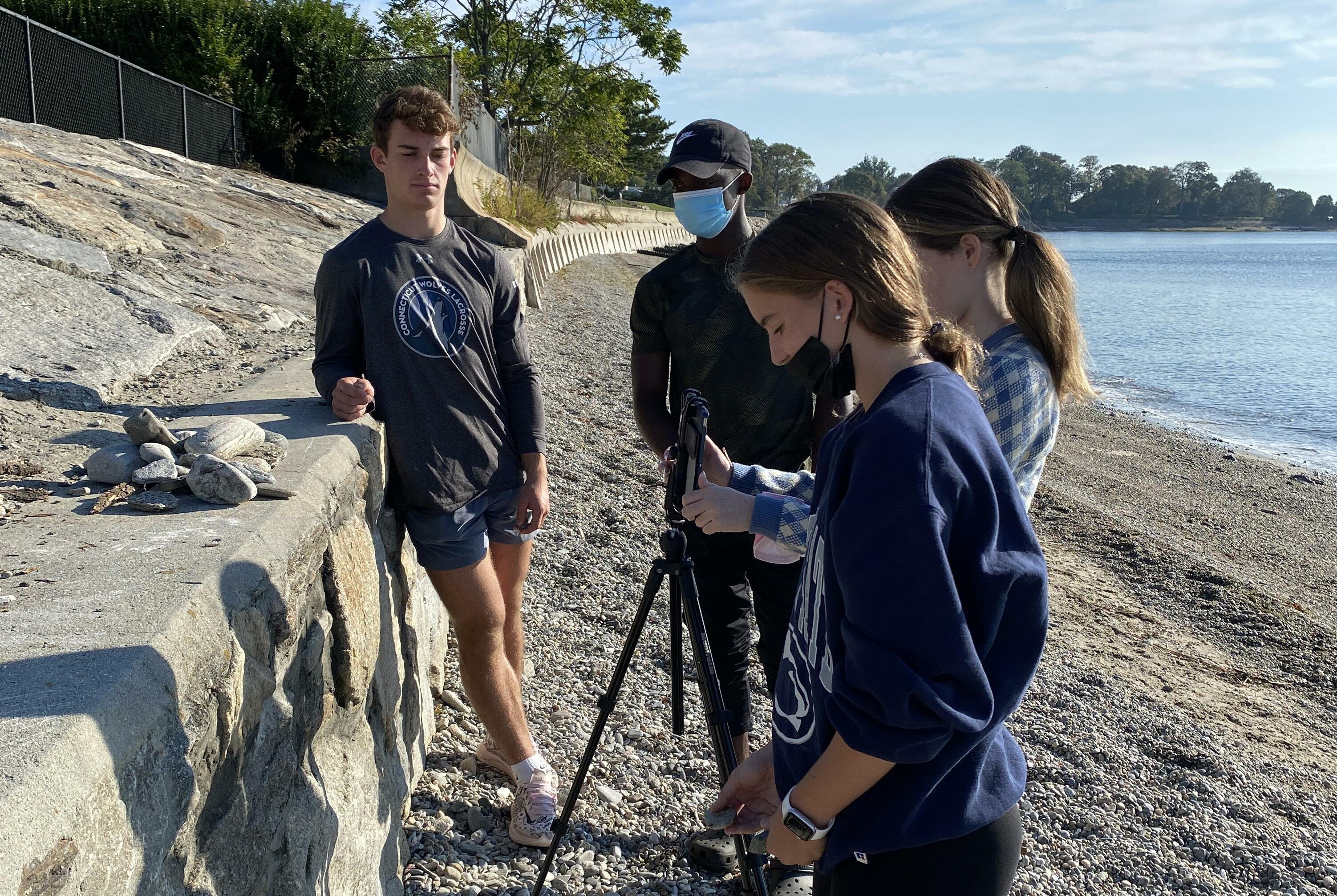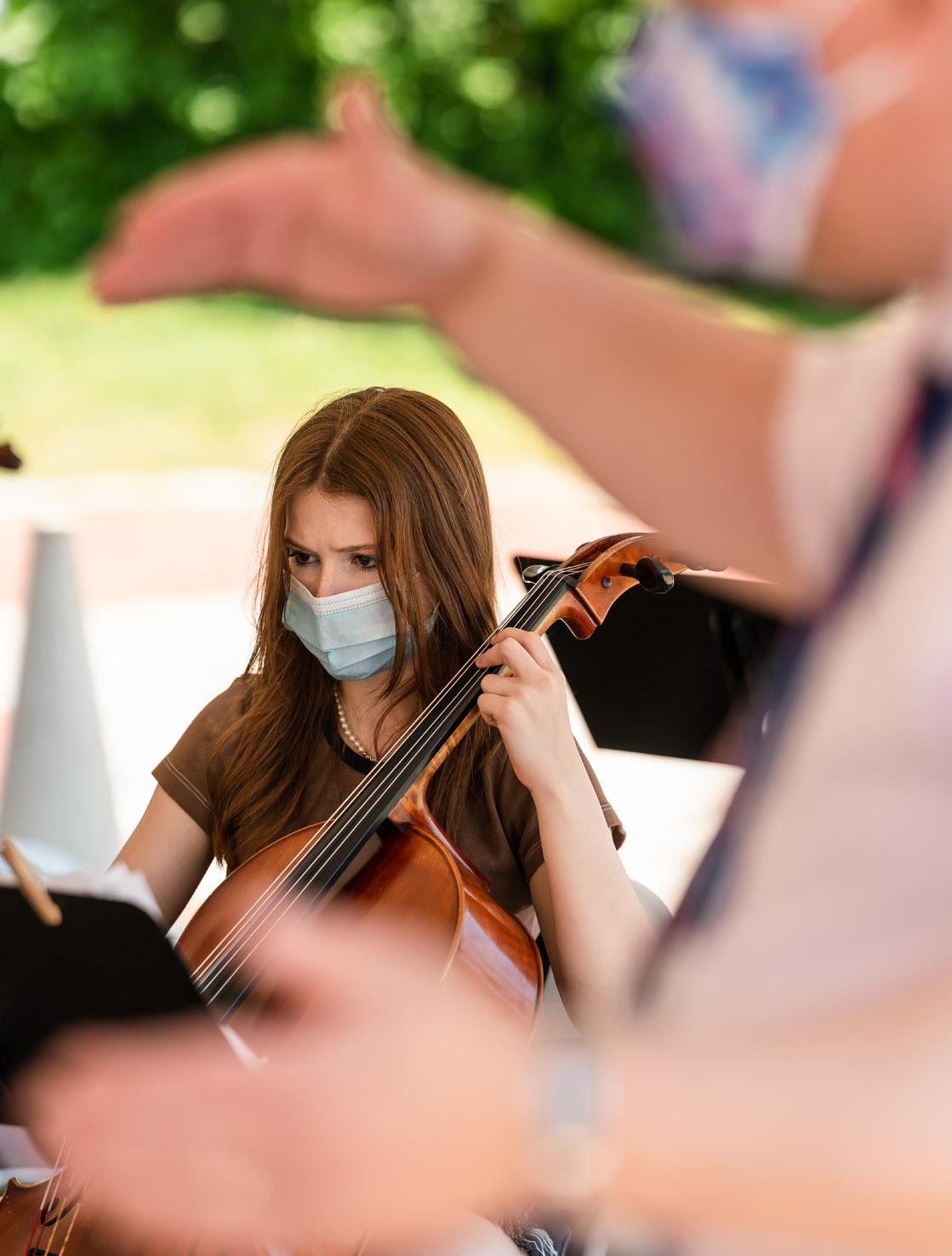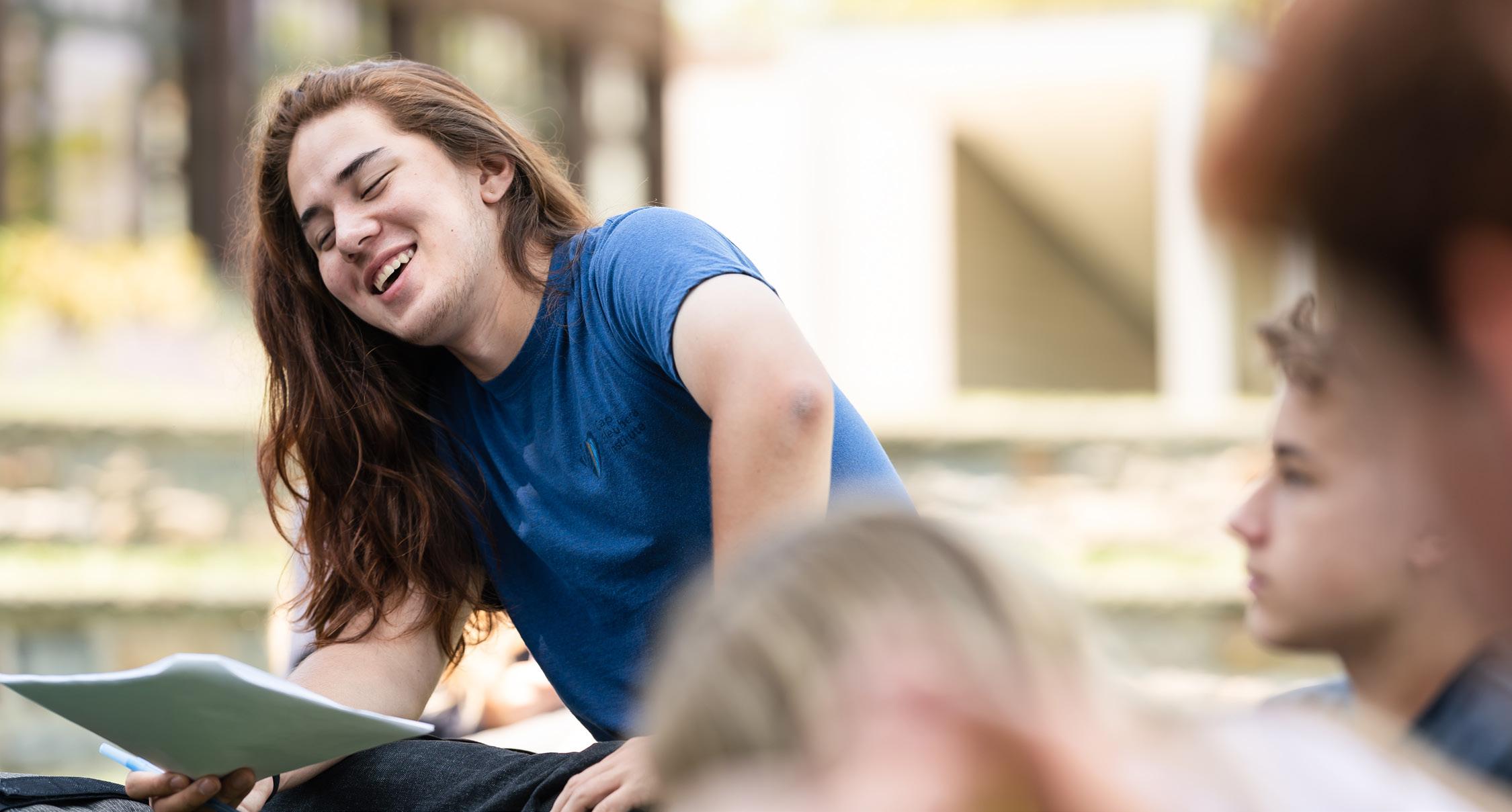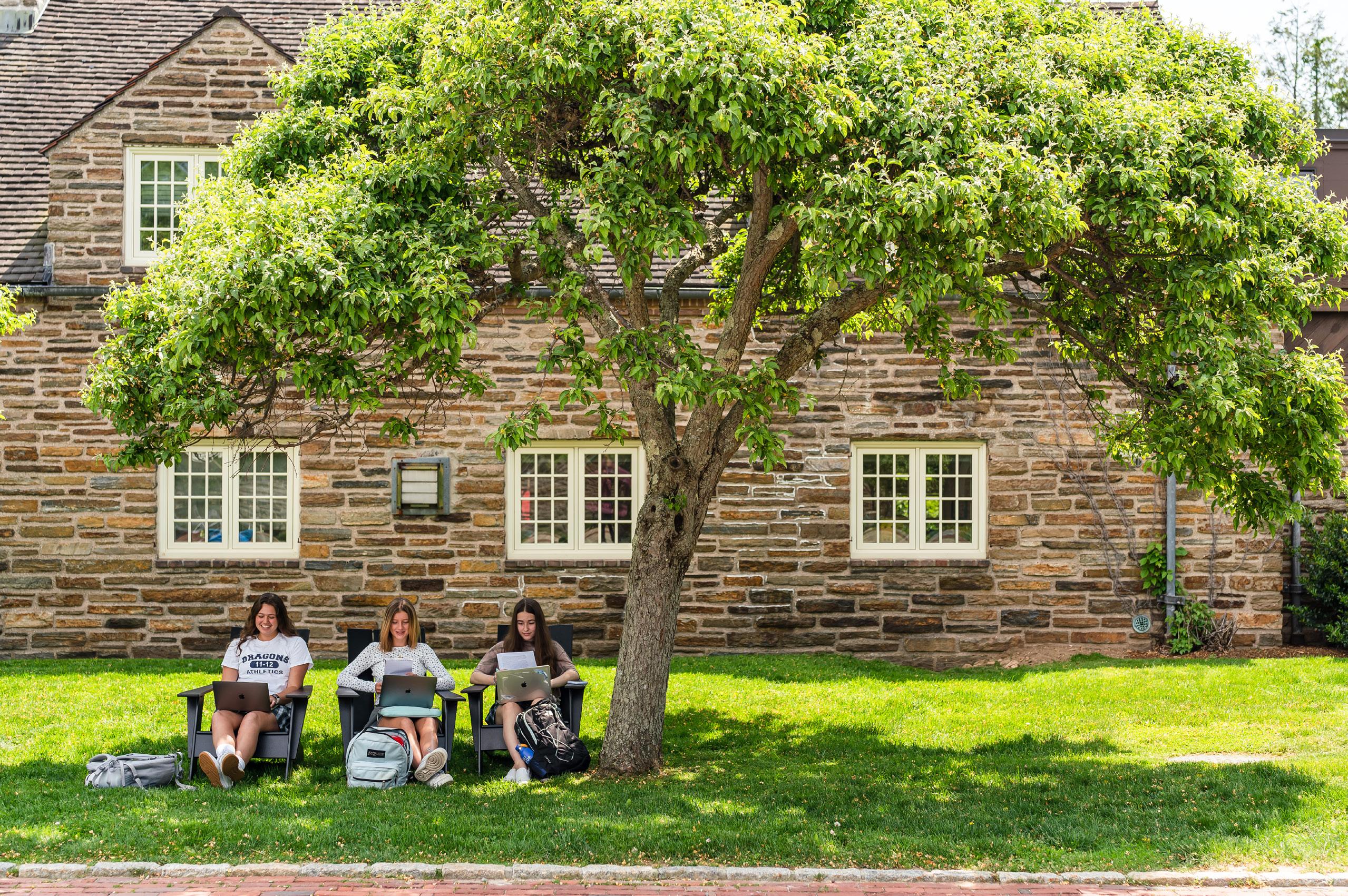performing arts
and depth of mathematical fields not formally covered as a part of the GFA curriculum in an area of the student’s interest. Topics could include, but are not limited to, number theory (prime/composite numbers, factors, multiples), topology (study of spatial relationships that are unaffected by changing shapes), graph theory (the study of connected and disconnected networks of nodes and edges), abstract algebra (the study of abstract number systems), and advanced calculus not covered in other mathematics courses. An Advanced Inquiry in Pure Mathematics includes a rigorous study of mathematical proof techniques. Completion of the Advanced Inquiry requires students to present their work. Open to 12th-graders; prerequisites:; AP Calculus (AB or BC) or AP Statistics (any of which may be taken concurrently). (1 credit; full year) MATH850 Advanced Inquiry: Applied Mathematics An Advanced Inquiry in Applied Mathematics provides students with the opportunity to explore the application of mathematics to substantial contexts in the world in an area of the student’s interest. Topics could include, but are not limited to, the importance of number theory to cryptography, the application of geometric and topological ideas to visual arts and digital design, using graph theory to explore networks and network connectivity, or the use of mathematical modeling and statistical methods to study significant phenomena around the world. A student completing an Advanced Inquiry in Applied Mathematics will partner with faculty in the math department and, if appropriate, another department as it relates to the particular application of the mathematics. Completion of the Advanced Inquiry requires students to present their work to an audience. Open to 12th-graders; prerequisites:; AP Calculus (AB or BC) or AP Statistics (any of which may be taken concurrently). (1 credit; full year) PERFORMING ARTS ENS A Concert Choir Vocal techniques, sight singing, and the art of performing in a vocal ensemble are incorporated into the study of a repertoire that includes both sacred and secular works from the Baroque through the 21st century, and from many different world cultures. Students perform throughout the year in school concerts and at community events. The Concert Choir is a non-auditioned choir and is open to any student in the Upper School. There is an audition for placement purposes only. (1 credit; full year) 20
ENS B Chamber Choir This is a smaller singing group, averaging between 10 and 16 members. Vocal techniques, sight singing, and the art of ensemble singing are stressed. The repertoire ranges from Renaissance music to music of the 21st century and encompasses a broad range of music from around the world. This choir also performs throughout the year in school concerts and at community events. Prerequisite: audition; ability to sight sing; Concert Choir (or transfer equivalent) for at least one year; departmental permission. (1 credit; full year) ENS C Chamber Orchestra The goals of this course are to further enhance a student’s knowledge of orchestral repertoire from a variety of musical and cultural traditions and to reinforce ensemble and instrument skills. In addition, students are required to take playing tests, keep a practice chart, and participate in several concerts per year. Prerequisite: several years of experience playing a stringed instrument. (1 credit; full year) ENS D Wind Ensemble This group plays a wide variety of traditional concert band and jazz band music, including music from Broadway shows and movies, transcriptions and arrangements of orchestral literature, contemporary and classic big band jazz, marches, and an interesting mixture of music from around the world. This group performs in two or three concerts per year and attends at least one off-campus music festival. In addition to serving as the core ensemble for orchestral winds and percussion, Wind Ensemble students often form small jazz combos that perform frequently during the year. Prerequisite: several years of experience playing a wind or percussion instrument, guitar, electric bass, or piano; ability to read music is essential. (1 credit; full year) MUS250 Music Technology This is a hands-on course in sound creation, sound design, and sound reinforcement. Using the computer and the synthesizer, students compose sound pieces in a variety of styles. One group project involves a collaborative effort with the Guild School in New York City. In this “Audio Book” project, students create books as audio files, complete with original music and sound effects, for the visually impaired students of the Guild School, as well as for our own Lower School students. Students are required to complete a number of individual and group projects that range from composing an aleatoric piece to writing and recording a public service announcement.









